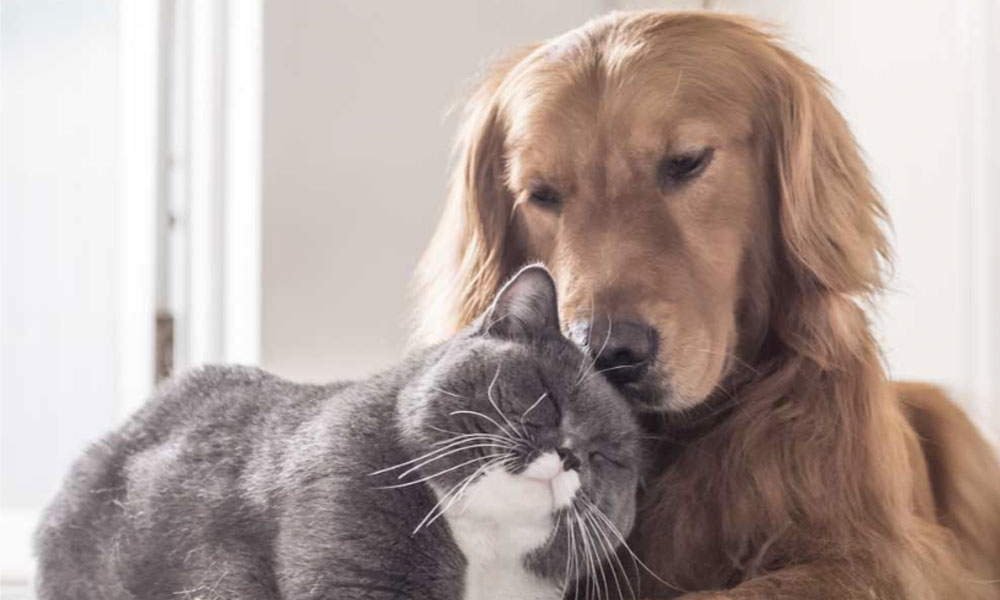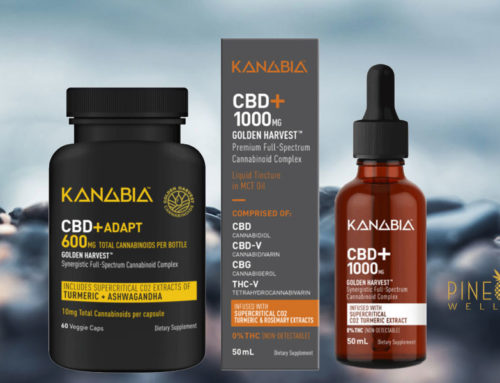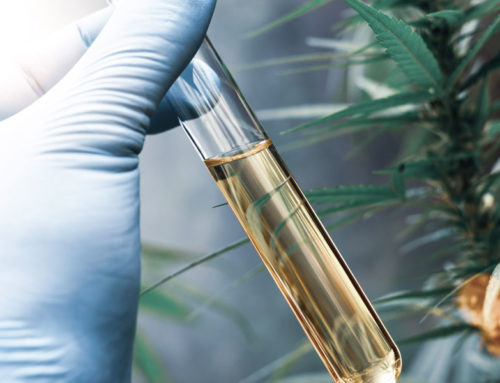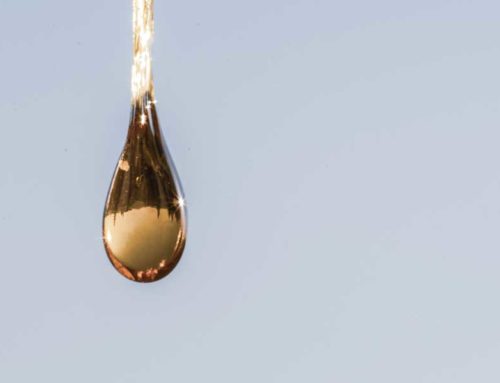Dr. Katherine Kramer, a veterinarian at Vancouver Animal Wellness Clinic, is not legally allowed (as per the College of Veterinarians of B.C.) to prescribe or even recommend CBD for pets, unless she is specifically asked about it. “I should wear a button that says ‘Ask me about CBD,’ Kramer says with a chuckle. She welcomes this opportunity to increase awareness because for the past six years, her clients’ results are “nothing short of miracles.” Kramer’s practice focuses on geriatric patients, so she has firsthand knowledge on how CBD helps with pain and arthritis, with nausea, seizures, and anxiety.
It may even help with behavior issues. “Some dogs before taking CBD had such horrible behavior problems, and in an urban environment anxiety can go through the roof,” says Dr. Kramer, “but soon after taking it owners tell me they ‘have their dog back.”
If you told Dr. Kramer six years ago that she would “discuss” medical marijuana with her clients, she wouldn’t believe you. She had the ‘aha moment’ when a client, who worked with human patients treated with medical marijuana, suggested that his cat also try cannabis. “His cat had multiple health issues; prescribed opioids were knocking him out and affecting his appetite so he had nothing to lose. He was willing to try CBD so we worked out the dosage and in no time the cat improved; his appetite and energy came back and we reduced the conventional medications,” adds Dr. Kramer. “He lived a few more quality years after that and I started looking at more worrisome cases.”
A few years ago Dr. Kramer would get a call about CBD about once a month; now her clinic is taking calls from vets and clients across North America. In a nutshell, this is her advice:
#1 Talk to your vet about anything you are thinking about trying; your vet also needs to get educated about these products. If enough pet owners ask, it will force the vet community to take further action.
#2 It’s important to use a quality-controlled product. Be careful about the products you use as they could be laced with THC (more about that below at left) or maybe there’s not enough CBD in it to be effective. The FDA recently found that 90 percent of products they tested had little or no CBD or it didn’t match label ingredients. Ask the supplier for a certificate of analysis and if you have any concerns start with the true hemp line, which is 100 percent safe.
#3 Regarding dosage, the current catchphrase is “Start low, go slow.” And the rule of thumb .5 mg per lb of body weight. (e.g., 5 mg per 10 lbs) so a little goes a long way.
Dr. Kramer thinks that CBD’s therapeutic potential is enormous, but there’s the legality issue, mainly due to insufficient clinical trials. “I’m hopeful that with more research and studies the legal barriers will fall,” she says, “and then we will be allowed to prescribe CBD.”




